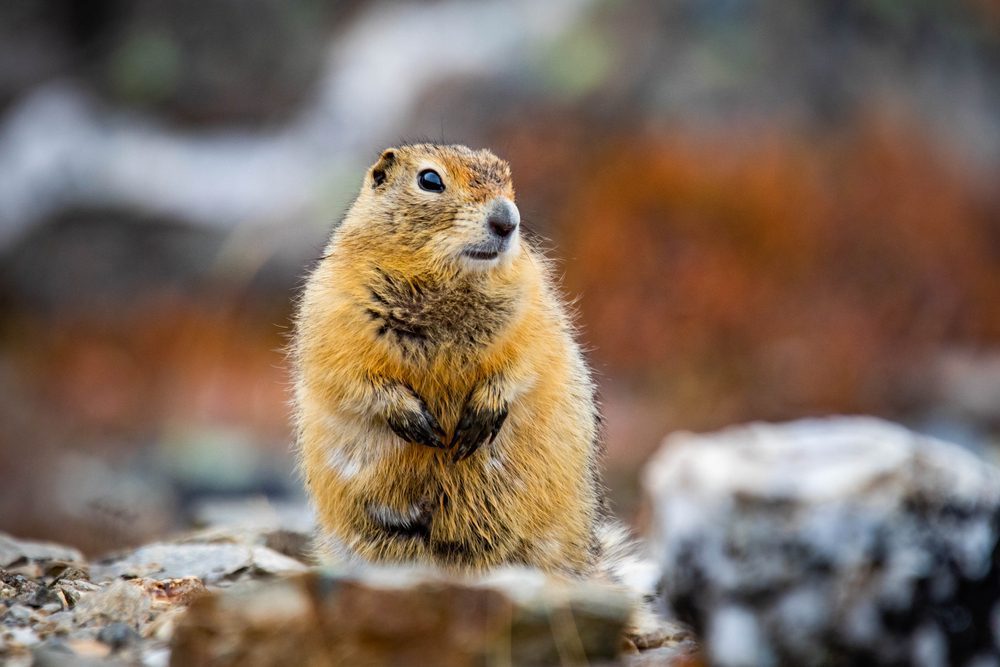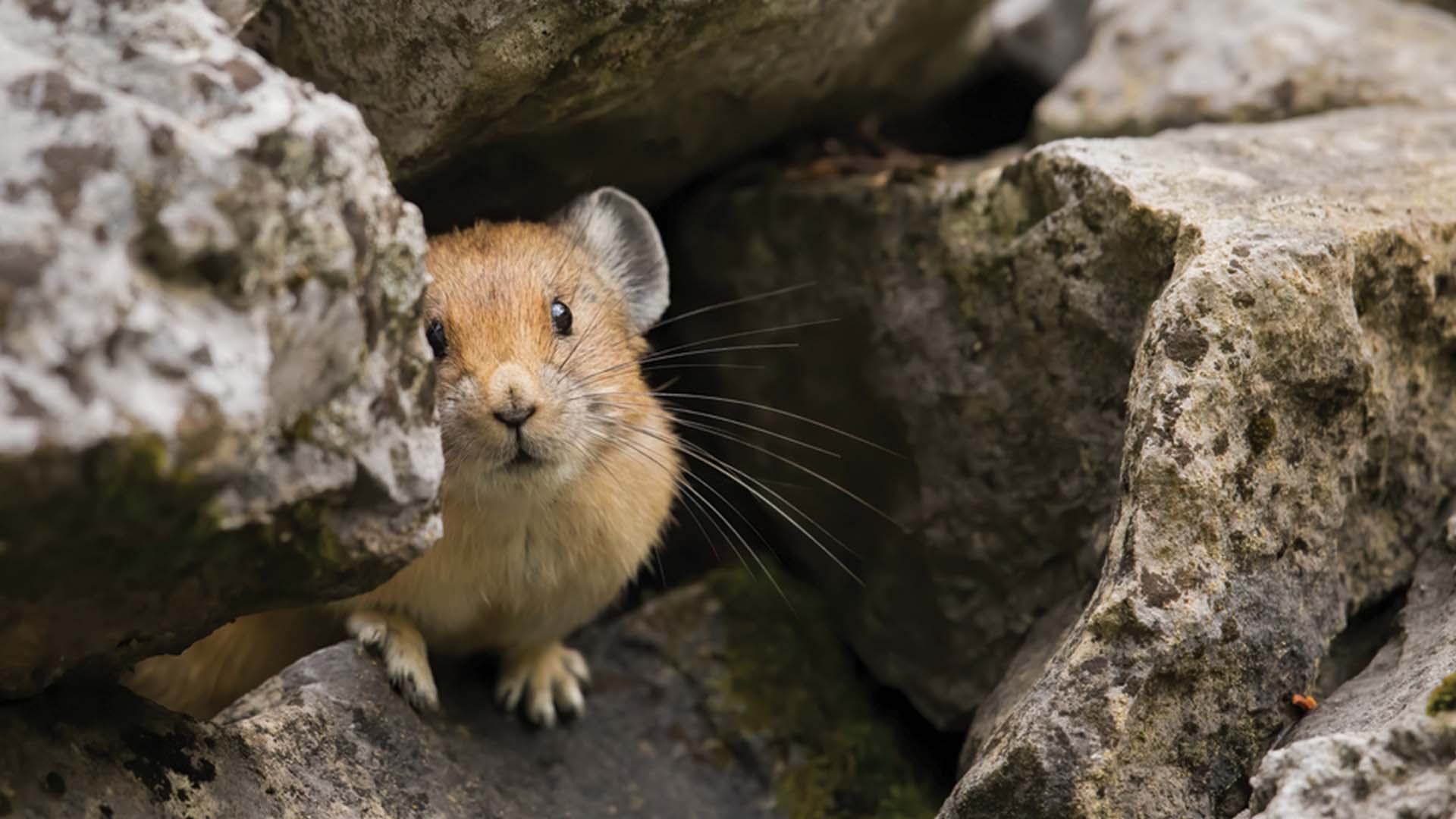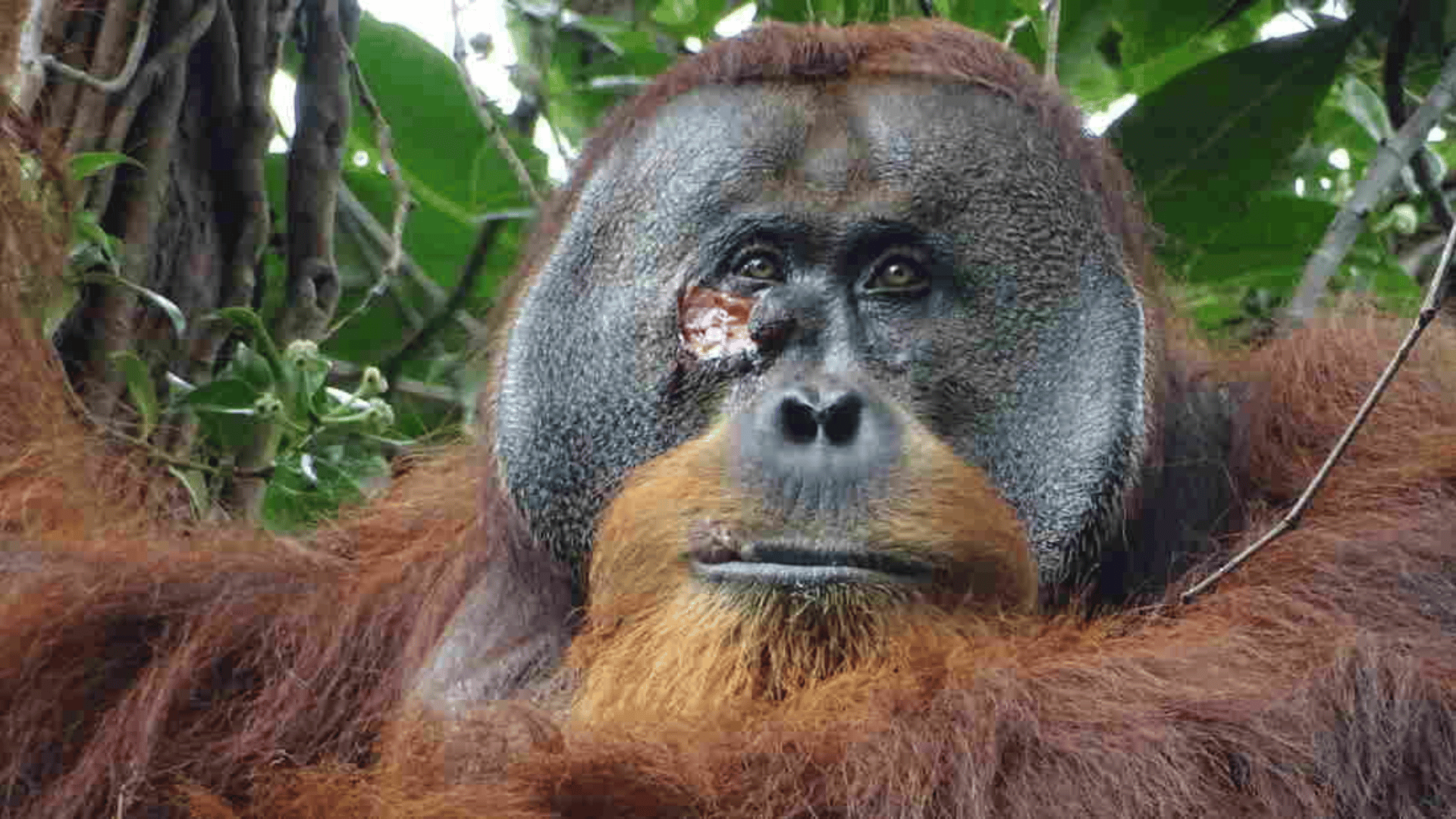The adorable two-month-old pygmy hippo named Moo Deng has been taking the internet by storm over the past week, but what do we know about the pygmy hippo species?
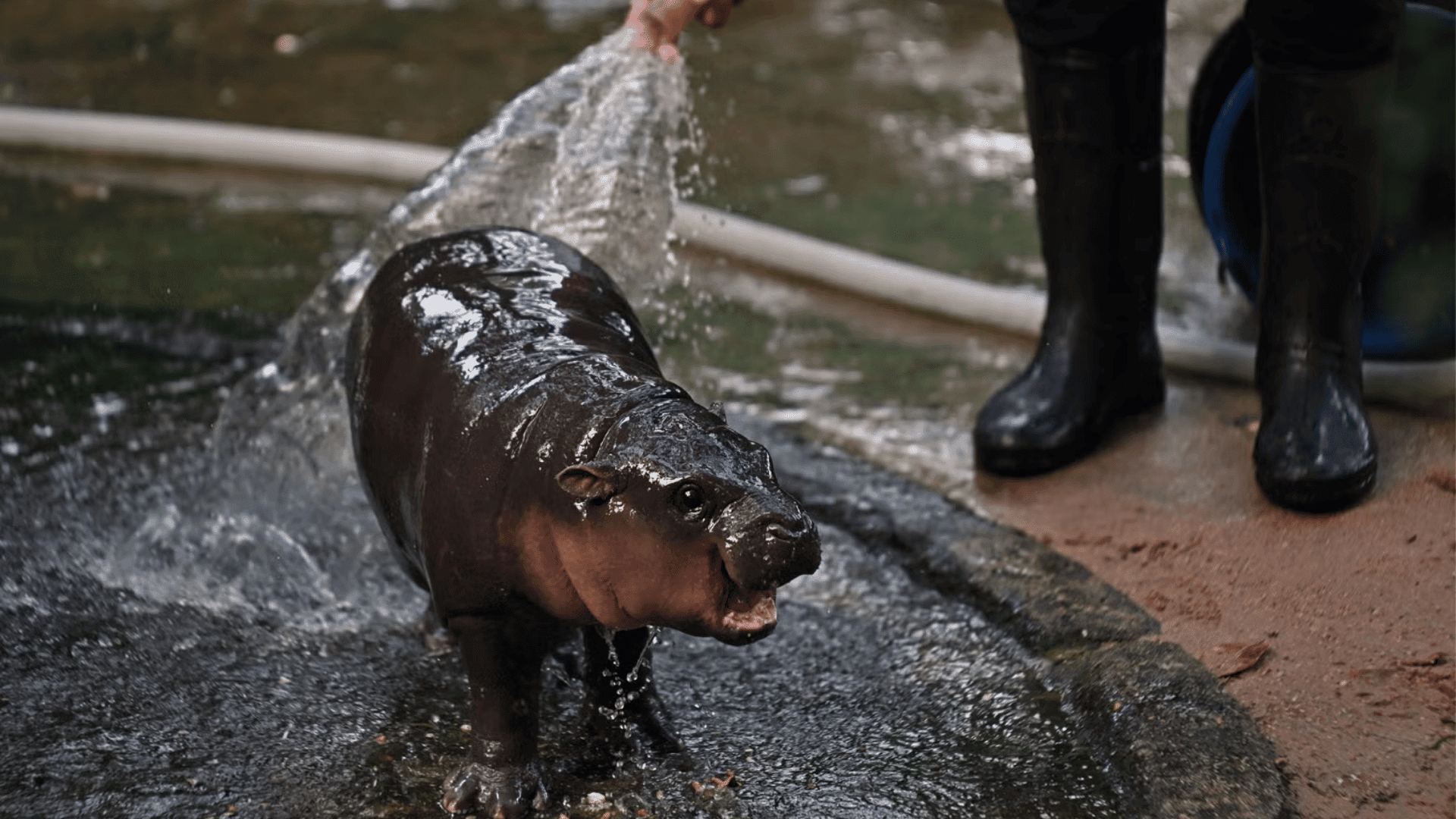
The pygmy hippopotamus (Choeropsis liberiensis) is one of two living hippo species, the other being the common hippopotamus (Hippopotamus amphibius). Little is known about their ecology, but the nocturnal creatures are believed to spend most of their time feeding on vegetation and plants in swampy wetlands.
Pygmy hippos in the wild live in isolated pockets across West Africa and are classified as endangered by the IUCN Red List, with only 2,000 individuals remaining. This contrasts the common hippopotamus species found across central and southern Africa, including a small sliver of territory that follows the Nile River north to the Mediterranean.
Located in the Khao Kheow Open Zoo in Chonburi, Thailand, Moo Deng was born on July 10th. Her name roughly translates to “bouncy pig.” She can often be spotted with her two siblings, Moo Wan (“sweet pork”) and Moo Turn (“stewed pork”).
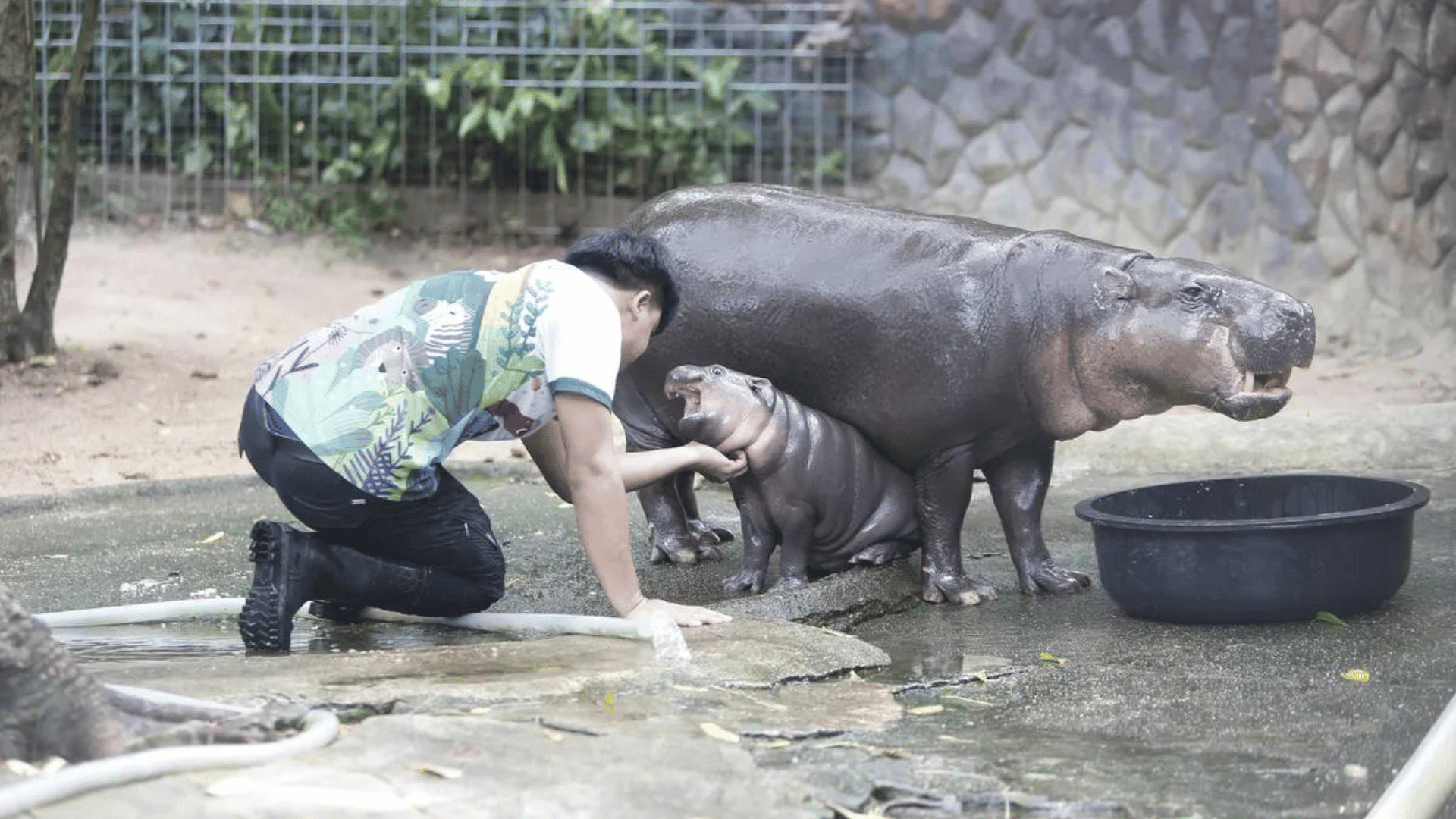
Moo Deng’s popularity has resulted in the zoo achieving more than 2.5 million followers on its TikTok account, and she’s been featured in many TikTok videos and Instagram memes. Her popularity inspires creativity in other industries, with the Thai branch of Sephora using Moo Deng to promote blusher and a bakery in Bangkok creating Moo Deng-lookalike cakes.
Though these “pygmy” hippos are significantly smaller than the larger hippopotamus, babies are born between 8.8 and 13 pounds, and adults can weigh up to 600 pounds.
“Size is the main difference,” stated Karen Vacco, assistant mammal curator at the Pittsburgh Zoo and Aquarium, which also houses a pygmy hippo. “The pygmy hippo is 10 times smaller than a common hippo.”
In 2023, scientists used molecular data to examine the only two living members of the hippo family tree to test how closely the two species were related. The study results showed that the two species split approximately four million years ago, which is more recent than previously believed. According to Jan Janecka, a geneticist at Duquesne University, pygmy and common hippos split around one or two million years before humans and chimpanzees or lions and tigers.
Moo Deng’s internet popularity has also translated into renewed zoo interest. Where the zoo typically sees approximately 700-800 visitors on a weekday, their weekend numbers have now reached 6,000-7,000 visitors. The zoo is even exploring the idea of setting up a 24-hour live camera for Moo Deng to provide fans with more content.
Perhaps the most amazing thing about Moo Deng, however, is that she has managed to capture the attention of so many people worldwide, bringing an abundance of new interest to this endangered species, the zoo, conservation initiatives, and animals around the world.



